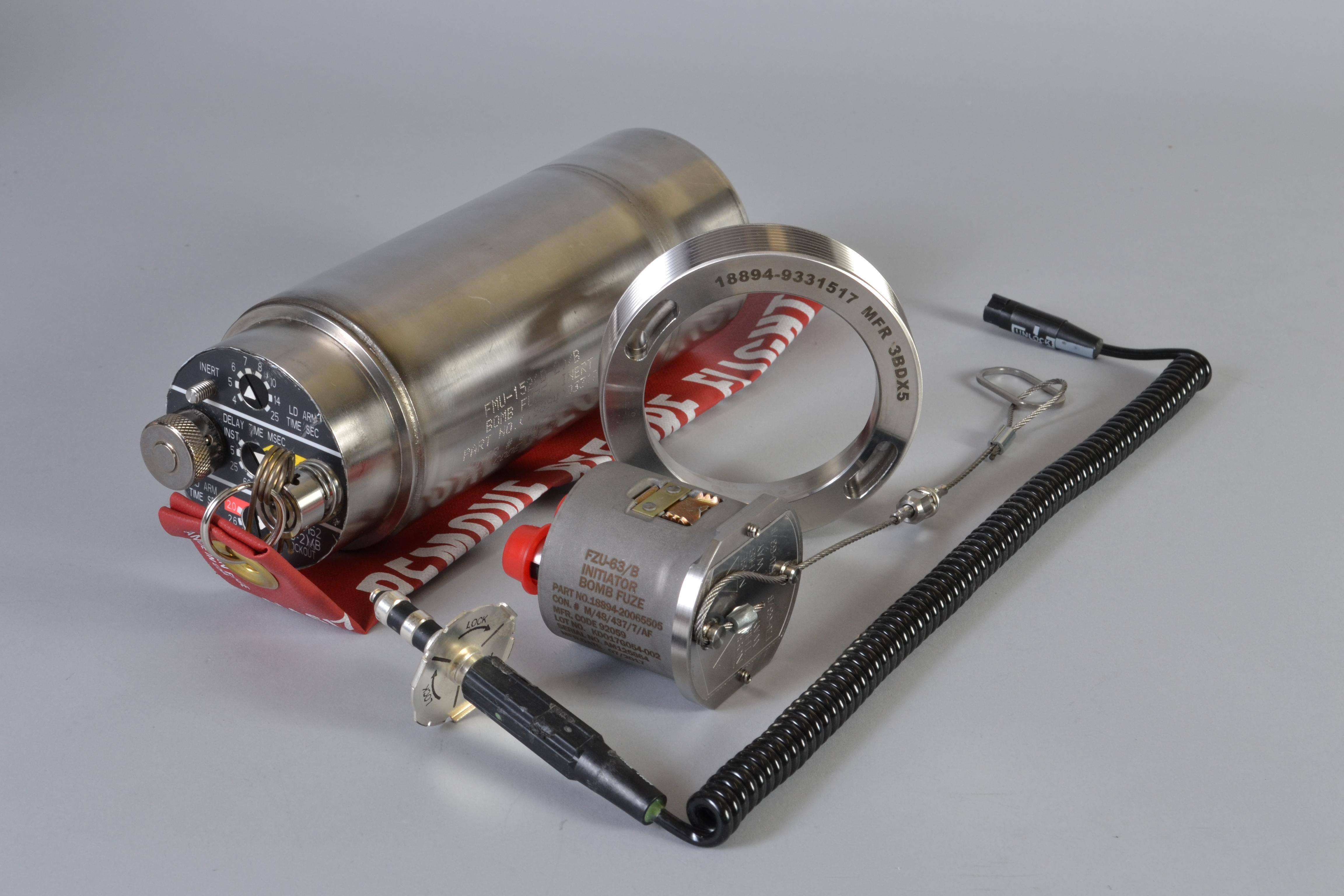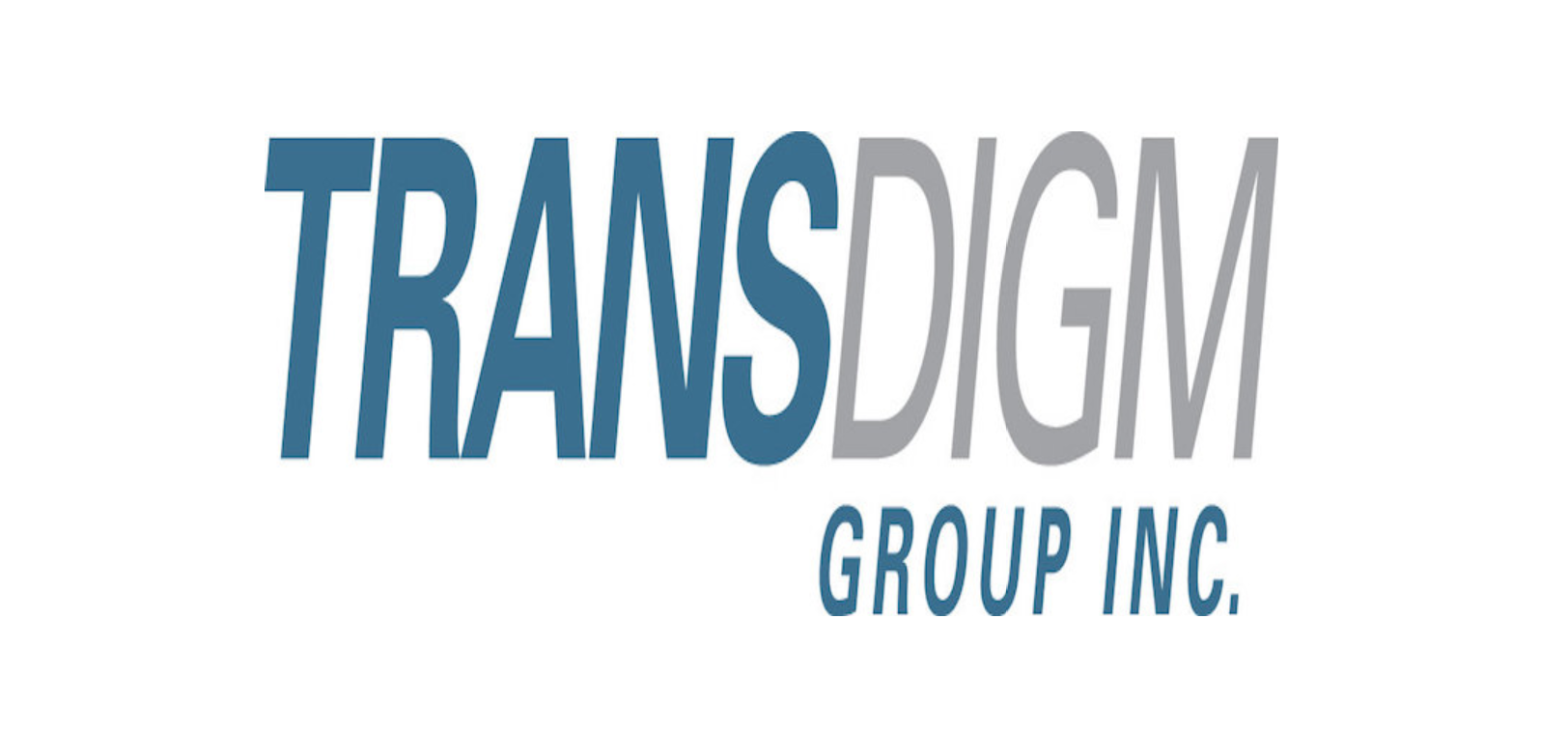Aerospace & Defense Roundup: Mar. 01
March 02, 2021
Taxi Trials Begin For Rolls-Royce Electric Aircraft
Rolls-Royce’s ACCEL high-speed electric-powered aircraft has completed its first taxi tests ahead of flight testing. Taxi trials of the converted Nemesis NXT racing aircraft took place at Gloucestershire Airport (GLO), England, in late February, in preparation for flight testing currently planned for the spring. Credit: Rolls-Royce

General Atomics Finalizes Takeover Of Dornier 228 Production
The European arm of General Atomics is studying adapting the Dornier 228 twin-turboprop into an unmanned cargo aircraft. The company says an unmanned Dornier 228 could open up new prospects for growth for the platform, following its purchase of the rights to produce the aircraft from Switzerland’s RUAG International. Credit: RUAG

U.S. Navy Delivers First F135 Power Module To Carrier
For the first time, the U.S. Navy has successfully delivered an F-35C power module to an aircraft carrier. Personnel from the Fleet Logistics Multi-Mission Sqdn. (VRM)-30 and members of Carrier Air Wing (CVW)-2 assisted in the first at-sea replenishment of the component. The team had to load, transport and unload the F135 power module from a shore-based location on a CMV-22B to the USS Carl Vinson (CVN 70). Credit: USN

Bye Aerospace Begins Assembly Of EFlyer 2
Bye Aerospace has begun assembly of its eFlyer 2, a two-seat all-electric aircraft, the Denver-based company reports. “We appreciate the high-tempo level of support that Steve Ruege and his great team at CUG (Composites Universal Group) are giving to this project,” said George Bye, Bye Aerospace CEO. Credit: Bye Aerospace

Electromagnetic Catapults For Carriers Sought By UK Royal Navy
The UK Royal Navy has called on industry to provide information on electromagnetic catapults and arrestor wire systems that could launch and recover aircraft weighing 20 metric tons. The request for information (RFI) was issued in late February by the Navy’s Development Directorate. It calls for systems that could be ready to fit on the Navy’s ships, mostly likely its Queen Elizabeth-class aircraft carriers, in the next three to five years. Credit: USN

Commission On AI Recommends Creating Digital Service Academy
To maintain its technological lead over China in artificial intelligence (AI), the U.S. needs to improve its leadership, train a new generation of digital experts by creating a new university, and invest in research on microelectronics and AI, according to the National Security Commission on Artificial Intelligence. The bipartisan commission, led by former Google CEO Eric Schmidt and former Deputy Defense Secretary Robert Work, argues that the first thing required to prioritize artificial intelligence within the government is leadership within the White House, at the Pentagon, in the intelligence community and elsewhere. A final report was released March 1 after two years of study. Credit: Guillaume Paumier

Kaman Hit By Ransomware Attack, Biden Foreign Policy Change
A cyberattack on a newly acquired manufacturing asset and a foreign policy shift by the new Biden administration combined to overshadow topsized financial results disclosed by aerospace supplier Kaman on Feb. 26. Credit: Kaman

Gevo Signs Agreement For German SAF Production
Biofuel producer Gevo has signed a MOU with Germany’s HCS Group to build a renewable hydrocarbon facility in Speyer, Germany, which will produce sustainable aviation fuel (SAF). The plant, planned to be operational by the end of 2024, is to be located south of Frankfurt Airport (FRA) and would make HCS the first commercial SAF producer in Germany. Credit: HCS Group

Franco-German FCAS Pact At Risk, French Commentary Suggests
The partnership between France and Germany to develop a European Future Combat Air System (FCAS) may be close to fracturing, a group made up of experts from industry and academia has suggested. Writing in an editorial published in Parisian newspaper La Tribune on March 1, the so-called Mars Reflection Group states that the possible failure of FCAS, deemed “unthinkable a few weeks ago, can no longer be completely ruled out,” and that France could end up continuing the program with Spain. Credit: Airbus

CAE Buys L3 Military Training To Become Second-Largest U.S. Provider
Canadian pilot training and simulator leader CAE has announced its fourth acquisition in as many months, marking a major move into the U.S. military market with the purchase of rival L3Harris Military Training for $1.05 billion, the companies said March 1. The acquisition doubles CAE’s U.S. military work, CEO and President Marc Parent told a teleconference, and brings total CAE defense work to almost half of its annual revenue. “The defense training market is very appealing because it’s very predictable,” he said. The Pentagon spends about $14.5 billion annually; the deal would make CAE the No. 2 provider. Credit: U.S. Air Force

Rocket Lab To Go Public In SPAC Deal, Reveals Larger Launcher
Rocket Lab will become a publicly traded company with $750 million in cash to develop a new medium-lift launcher, grow its end-to-end space business including through acquisitions, and continue to target U.S. government customers, representatives said March 1. Credit: Rocket Lab

NavSight SPAC Chooses To Buy Spire Global Sat-Based Analysis Provider
Spire Global, a Luxembourg-registered nanosatellite operator for cloud-enabled data analytics, will become a publicly traded company after a reverse-merger with a special purpose acquisition company (SPAC) that has been hunting for aerospace and defense targets, NavSight Holdings. Terms of the deal–which includes $245 million from an accompanying investment round by Tiger Global Management, BlackRock, Hedosophia, the Jaws Estate Capital, and Bloom Tree Partners–should leave Spire with $475 million in cash and a pro forma equity valuation of around $1.6 billion, representatives said. The deal, announced March 1, is expected to close this summer. Credit: Spire Global

Dronemaker Skydio Announces $170 Million Venture Infusion
U.S. drone manufacturer Skydio announced March 1 that it has raised $170 million in a Series D funding round led by the Andreessen Horowitz Growth Fund. With the latest infusion, Skydio said it has raised more than $340 million in venture funding and is now valued at $1 billion. The company will use the additional capital to further accelerate product development and sales expansion of its autonomous drone models. Credit: Skydio

Credit: TransDigm Group
Franco-German FCAS pact at risk, CAE buys L3 military training to become second-largest U.S. provider, Rocket Lab reveals larger launcher and more. A roundup of aerospace, space and defense news powered by Aviation Week Intelligence Network (AWIN).